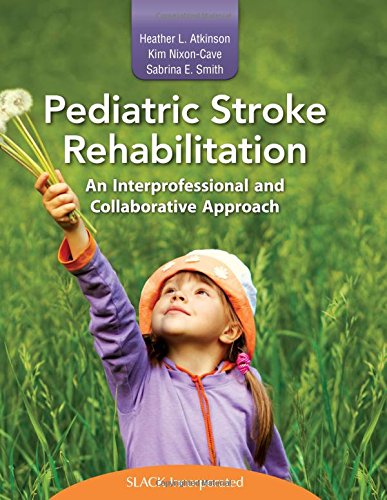-65%
Ethical Considerations for Research Involving Participants with Cognitive Disabilities and Differences
Vulnerability and Empowerment: A Delicate Balance
Individuals with cognitive disabilities and differences often navigate a precarious intersection of vulnerability and empowerment. While they may face certain challenges, their participation in research is crucial for advancing knowledge and improving practices that directly impact their lives.
This delicate balance mirrors the ethos of the Disability Rights Movement, which advocates for inclusion and empowerment with the rallying cry “Nothing About Us Without Us.” In that spirit, research involving participants with cognitive disabilities should be guided by the principle of justice.
Challenges to Autonomy: Navigating Ethical Dilemmas
However, cognitive disabilities and differences can pose unique challenges to ethical research, particularly when it comes to the cornerstone research ethics principle of autonomy. Understanding these challenges is essential for researchers to navigate the ethical landscape effectively.
Informed Consent: Alternative and Modified Strategies
Informed consent is a cornerstone of ethical research. For participants with cognitive disabilities, obtaining informed consent may require alternative or modified strategies to ensure comprehension and voluntariness. Researchers have developed various techniques to facilitate this process, such as using simplified language, visual aids, and supported decision-making.
Empowerment and Inclusion: Bridging the Gap
Ethical research involving participants with cognitive disabilities and differences demands a focus on empowerment and inclusion. This includes:
- Providing accessible information and materials throughout the research process
- Ensuring participants understand their rights and can make informed decisions
- Creating a supportive and inclusive research environment
- Respecting and managing potential coercion or undue influence
- Collaborating with advocacy groups and community organizations
Multidisciplinary Insights: A Comprehensive Framework
This volume gathers insights from scholars across anthropology, sociology, ethics, child studies, health and rehabilitation sciences, philosophy, and law. This multidisciplinary approach provides a comprehensive understanding of the ethical considerations surrounding research involving participants with cognitive disability and differences.
Practical Applications: Empowering Participants
The book delves into specific situations where difficulties arise and offers practical strategies for empowerment and inclusion. By drawing on empirical and normative research, it provides concrete suggestions for research design, research ethics, and best practices.
These strategies empower people with cognitive disabilities and differences to participate in research while mitigating potential risks and respecting their autonomy. In turn, this contributes to the creation of more inclusive and ethical research that ultimately benefits both the participants and the advancement of knowledge.
Target Audience:
This invaluable resource is indispensable for anyone conducting research involving individuals with cognitive disabilities and differences. It caters to researchers in neuropsychology, neurology, psychiatry, neuroscience, and beyond.








Reviews
Clear filtersThere are no reviews yet.